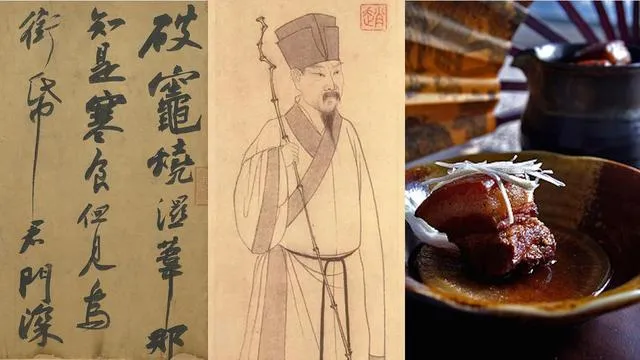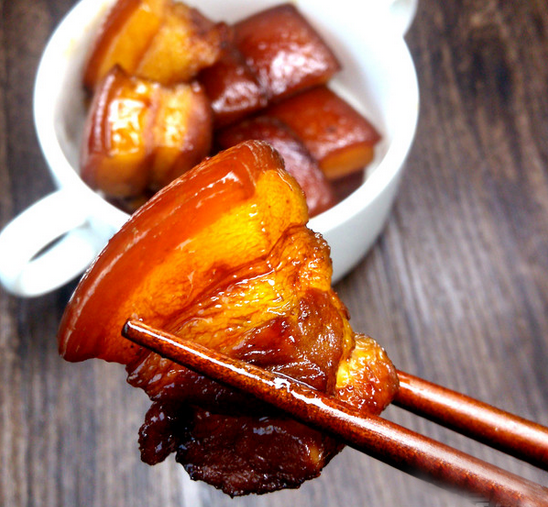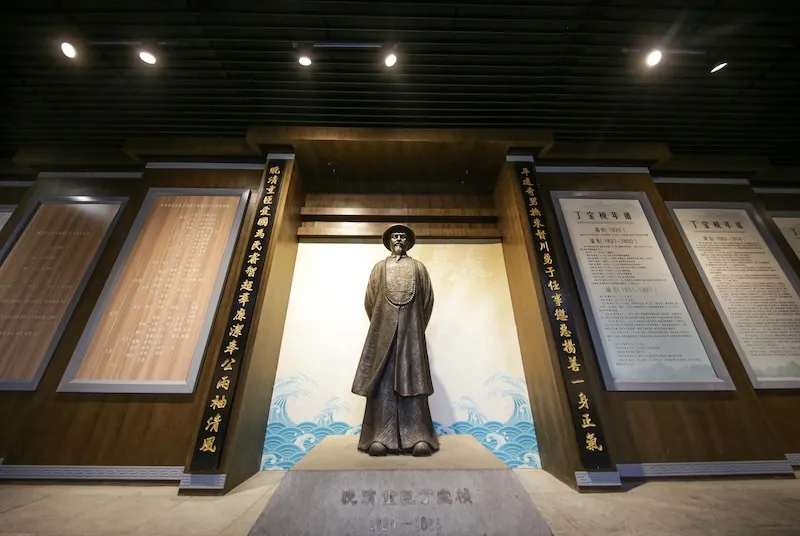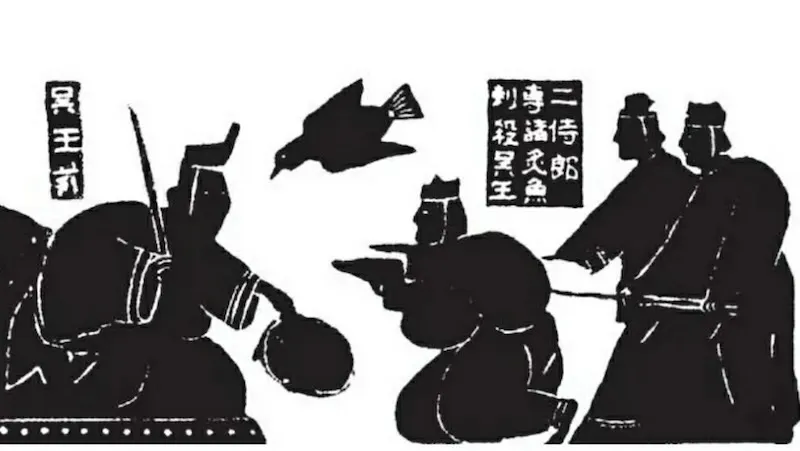The Cultural Odyssey of Dongpo Pork
Known as Dongpo Rou (东坡肉) in Chinese, this Hangzhou delicacy is a poetic fusion of gastronomy and literary history, immortalizing the legacy of Song Dynasty polymath Su Dongpo.
The Accidental Invention
Exile to Huangzhou (1079 CE)
After being demoted during the “Wutai Poetry Case” scandal, Su Shi (苏轼) - later known as Su Dongpo - served as a low-ranking militia deputy in Hubei. His culinary experiments during this exile birthed the prototype:
- Poverty-Driven Innovation: Cheap pork (黄州好猪肉,价贱如泥土)
- Serendipitous Discovery: Forgotten simmering pot during chess game
- Original Poem:
“洗净铛,少着水,柴头罨烟焰不起。
待它自熟莫催它,火候足时它自美。”
From Huangzhou to Hangzhou
Political Timeline & Culinary Evolution
| Year | Event | Culinary Impact |
|---|---|---|
| 1084 | Return to capital | Refined cooking method |
| 1089 | Appointed Hangzhou Mayor | Integrated West Lake restoration |
| 1090 | West Lake Dredging | Received pork gifts from locals |
The Naming Ceremony
When Su redistributed cooked pork to lake workers:
- Texture: 肥不腻口,瘦不嵌牙 (fat without greasiness, lean without dryness)
- Visual: 油润红艳 (glossy crimson glaze)
- Public Reaction: “This is Dongpo’s meat!” → Official naming
Traditional Preparation
12th-Century vs Modern Techniques
Original Method
- Cut: 4x4cm cubes
- Vessel: Iron cauldron
- Fuel: Smothered wood fire (柴头罨烟焰不起)
- Time: 4-5 hours
Contemporary Zhejiang Style
- Blanch skin-on pork belly
- Layer in clay pot with bamboo mat
- Simmer 2hrs + steam 1hr
Global Interpretations
| Region | Adaptation | Unique Twist |
|---|---|---|
| Kyoto | Matcha-Infused Version | Adds Uji matcha to braise |
| San Francisco | Wine Barrel Aged | Uses Napa Valley cabernet |
| Singapore | Halal Adaptation | Replaces pork with beef ribs |
Cultural Significance
- UNESCO Status: Recognized as part of “Hangzhou Cuisine” intangible heritage (2011)
- Literary Connection: Featured in 37 of Su’s surviving poems
- Engineering Parallel: West Lake’s Su Causeway mirrors dish’s layered perfection



